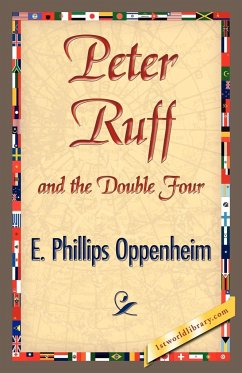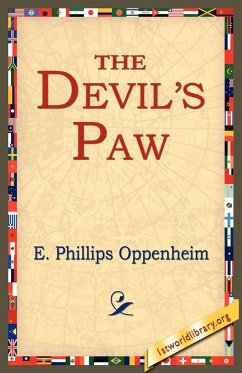There was nothing about the supper party on that particular Sunday evening in November at Daisy Villa, Green Street, Streatham, which seemed to indicate in any way that one of the most interesting careers connected with the world history of crime was to owe its very existence to the disaster which befell that little gathering. The villa was the residence and also - to his credit - the unmortgaged property of Mr. David Barnes, a struggling but fairly prosperous coal merchant of excellent character, some means, and Methodist proclivities. His habit of sitting without his coat when carving, although deprecated by his wife and daughter on account of the genteel aspirations of the latter, was a not unusual one in the neighbourhood; and coupled with the proximity of a cold joint of beef, his seat at the head of the table, and a carving knife and fork grasped in his hands, established clearly the fact of his position in the household, which a somewhat weak physiognomy might otherwise have led the casual observer to doubt. Opposite him, at the other end of the table, sat his wife, Mrs. Barnes, a somewhat voluminous lady with a high colour, a black satin frock, and many ornaments. On her left the son of the house, eighteen years old, of moderate stature, somewhat pimply, with the fashion of the moment reflected in his pink tie with white spots, drawn through a gold ring, and curving outwards to seek obscurity underneath a dazzling waistcoat.
Hinweis: Dieser Artikel kann nur an eine deutsche Lieferadresse ausgeliefert werden.
Hinweis: Dieser Artikel kann nur an eine deutsche Lieferadresse ausgeliefert werden.








